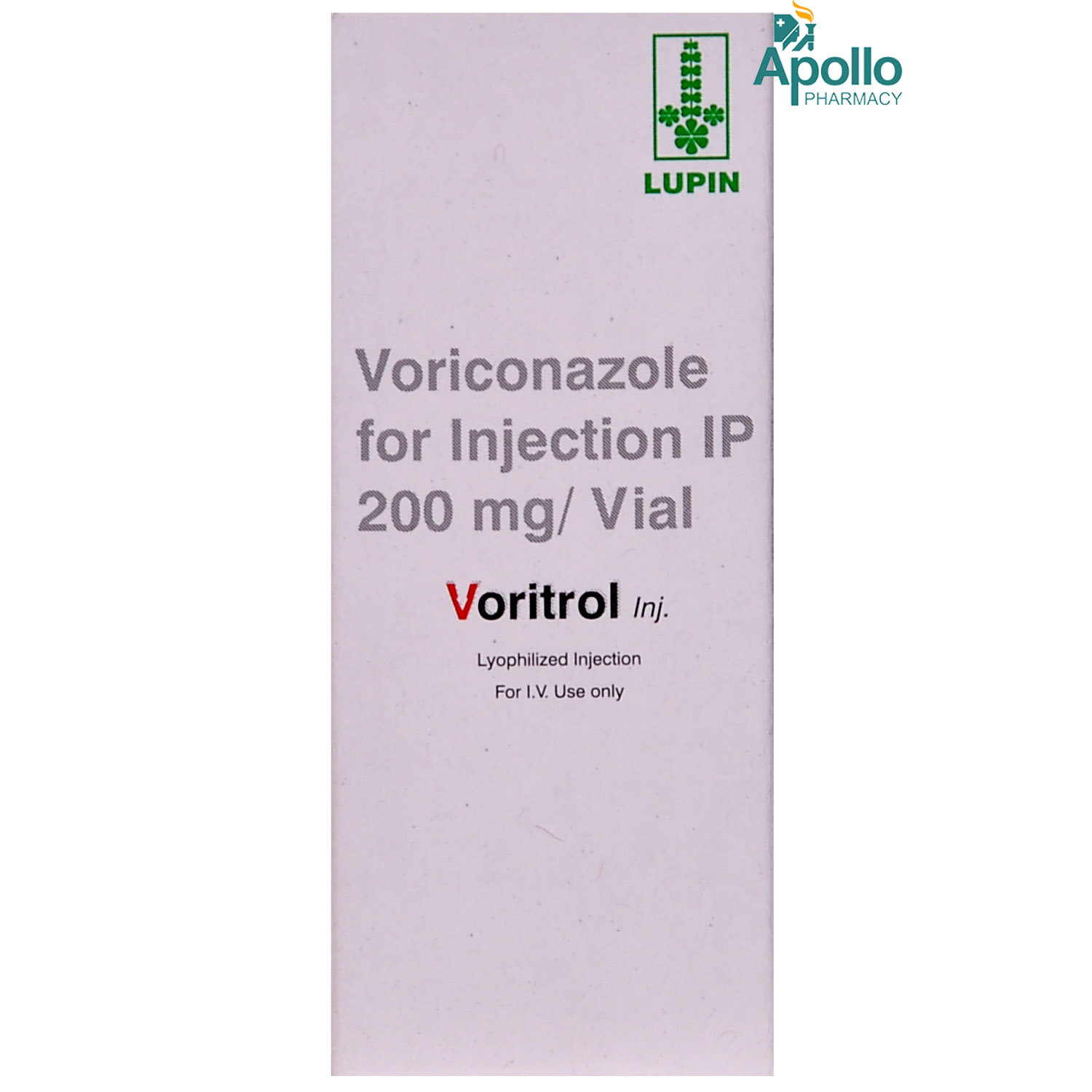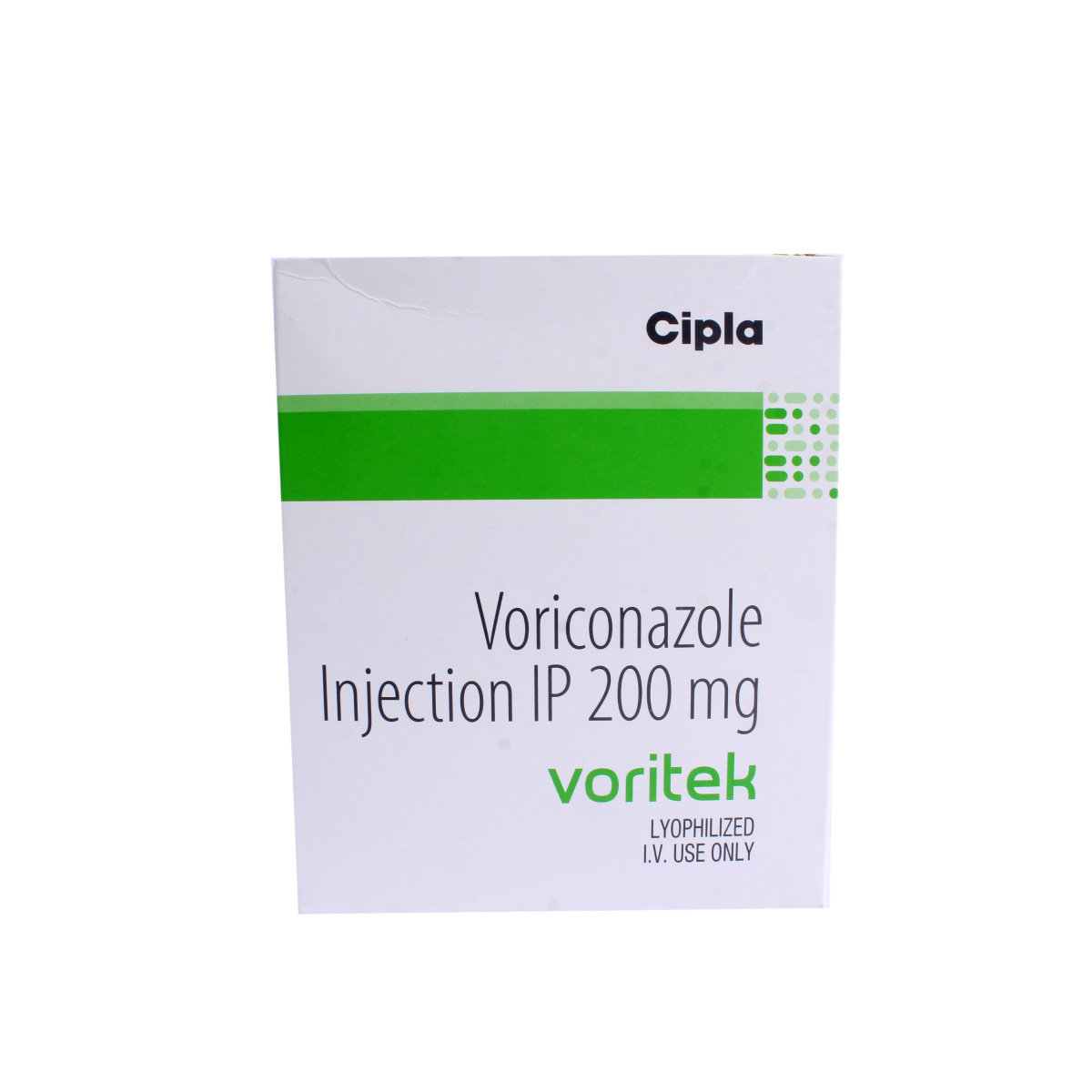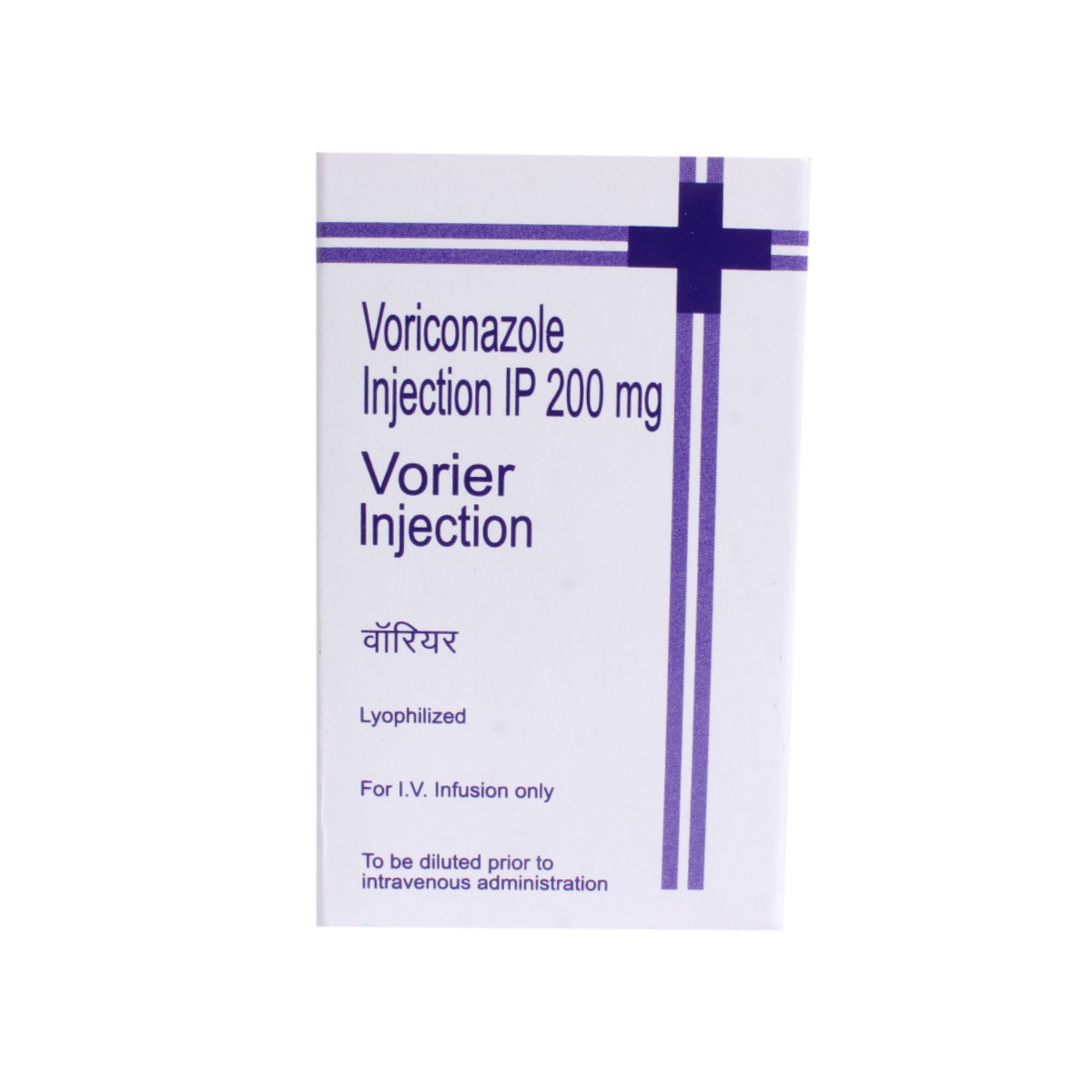- Home
- Health Condition
Injection For Fungal Infection
Injection For Fungal Infection
- Total Items (66)
 RX
RXSamfung 100 Injection 1's
₹15338.50
 RX
RXVONAZ INJECTION
₹3238
 RX
RXVorimed 200Mg Vail
₹3238
 RX
RXVoriz Injection 1's
₹3200
 RX
RXVOSICAZ 200MG INJECTION
₹4201.50
 RX
RXWofungin 70Mg Inj
₹13788
 RX
RXWofungin 50Mg Inj
₹13788
Injection For Fungal Infection
Fungal infections are common and range from mild skin conditions like ringworm to severe systemic illnesses that affect the lungs, brain, or bloodstream. While many minor infections respond well to creams and oral antifungals, more serious fungal diseases require stronger interventions. This is where injection for fungal infection becomes a critical part of medical treatment, especially in hospitals and for immunocompromised patients. In this Guide, we’ll explore the different types of antifungal injections, how they work, their benefits, usage guidance, and where to access them safely. Understanding your treatment options helps you take an active role in your care.
What is an Injection for a Fungal Infection?
An injection for fungal infection is a method of delivering antifungal medication directly into the bloodstream or body tissues through intravenous (IV) or intramuscular (IM) routes. This approach ensures rapid and effective action, especially for infections that have spread internally and cannot be managed with oral medicines alone. In many cases, antifungal injections are life-saving.
Such injections are typically used in:
- Invasive candidiasis
- Aspergillosis
- Mucormycosis
- Cryptococcal meningitis
- Severe dermatophytosis
- Fungal infections in immunocompromised patients
Types of Injections for Fungal Infection
There are several classes of antifungal medications available in injectable form, each with a unique mechanism of action and specific use cases. Here’s a closer look at the main types of injection for fungal infection prescribed by healthcare providers.
1. Azole Antifungal Injections
Azoles work by blocking the synthesis of ergosterol, a key component of fungal cell membranes. Disruption of this process causes the fungal cells to weaken and die.
Common injectable azoles include:
- Fluconazole injection: Used for Candida infections, especially in the bloodstream or central nervous system.
- Voriconazole injection: Effective for treating invasive aspergillosis, a serious lung infection.
- Posaconazole and Isavuconazole injections: Newer options often used for resistant or rare fungal infections, including mucormycosis.
- Azole injections are widely used in hospitals and are typically given through IV infusion. These are often the first line of treatment for systemic fungal infections.
2. Echinocandin Injections
Echinocandins target the fungal cell wall by inhibiting β-glucan synthesis—vital for fungal structural integrity. This action makes them especially effective against Candida and some Aspergillus species.
Types of echinocandin injections:
- Caspofungin
- Micafungin
- Anidulafungin
These are administered via IV and are considered safe and well-tolerated. They are used when resistance to azoles is suspected or when patients are critically ill.
Echinocandins have become a staple injection for fungal infection, particularly in intensive care units.
3. Polyene Antifungal Injections
Polyenes are powerful antifungal agents with a broad spectrum of activity. They bind to ergosterol in fungal cell membranes, creating pores that lead to cell leakage and death.
The most well-known polyene is:
- Amphotericin B: Available in multiple formulations:
- Conventional Amphotericin B (Deoxycholate): Potent but associated with significant kidney toxicity.
- Liposomal Amphotericin B: A safer, more tolerable formulation used in serious infections like cryptococcal meningitis, mucormycosis, and visceral leishmaniasis.
- Due to its toxicity profile, Amphotericin B injections require careful monitoring and are typically administered in hospital settings.
4. Newer and Investigational Antifungal Injections
As fungal resistance increases and immunocompromised populations grow, newer injectable agents are being developed and approved.
- Rezafungin: A once-weekly echinocandin, recently approved for invasive candidiasis.
- Fosmanogepix and Ibrexafungerp: Under research, offering hope for multidrug-resistant fungal infections.
- These emerging therapies may offer improved convenience, efficacy, and safety in the near future.
Benefits of Using Injection for Fungal Infection
There are several clear advantages to using an injection for fungal infection, especially in moderate to severe cases:
- Rapid Action: Intravenous administration ensures immediate delivery of the medication into the bloodstream, leading to faster therapeutic effects.
- Higher Bioavailability: Injections bypass the gastrointestinal tract, ensuring that a higher concentration of the drug reaches the site of infection.
- Effective for Severe Infections: Systemic infections, such as fungal meningitis or disseminated candidiasis, require potent treatments that injections can provide.
- Suitable for Patients Unable to Take Oral Medications: For patients who are unconscious, vomiting, or have malabsorption issues, injections are a reliable alternative.
- For high-risk individuals such as transplant recipients, cancer patients, or those with HIV/AIDS, injectable antifungals are often a first-line defence.
Dosage & Usage Instructions for Injection for Fungal Infection
The dosing of an injection for fungal infection depends on multiple factors:
- The type and severity of the infection
- The fungal species involved
- The patient’s kidney and liver function
- Other concurrent medical conditions
These injections are almost always administered in a hospital or supervised clinical setting. In some cases, patients may continue receiving treatment at home through outpatient IV therapy. Regardless, close monitoring is essential, including:
Regular blood tests to monitor organ function
- Observation for side effects such as infusion reactions
- Adjustments based on treatment response and lab results
- Patients must not attempt self-administration unless specifically trained and approved by their healthcare team.
Buy Injections for Fungal Infection Online at Apollo 24|7
While injectable antifungal medications must be administered by healthcare professionals, you can conveniently use Apollo 24|7 to order prescribed antifungal medicines - both oral and injectable - upload prescriptions for pharmacist review, schedule virtual consultations with specialists, and access valuable patient support and educational resources. Apollo’s extensive network ensures fast delivery and reliable pharmacy assistance, helping patients receive timely treatment and expert guidance from the comfort of their home.



